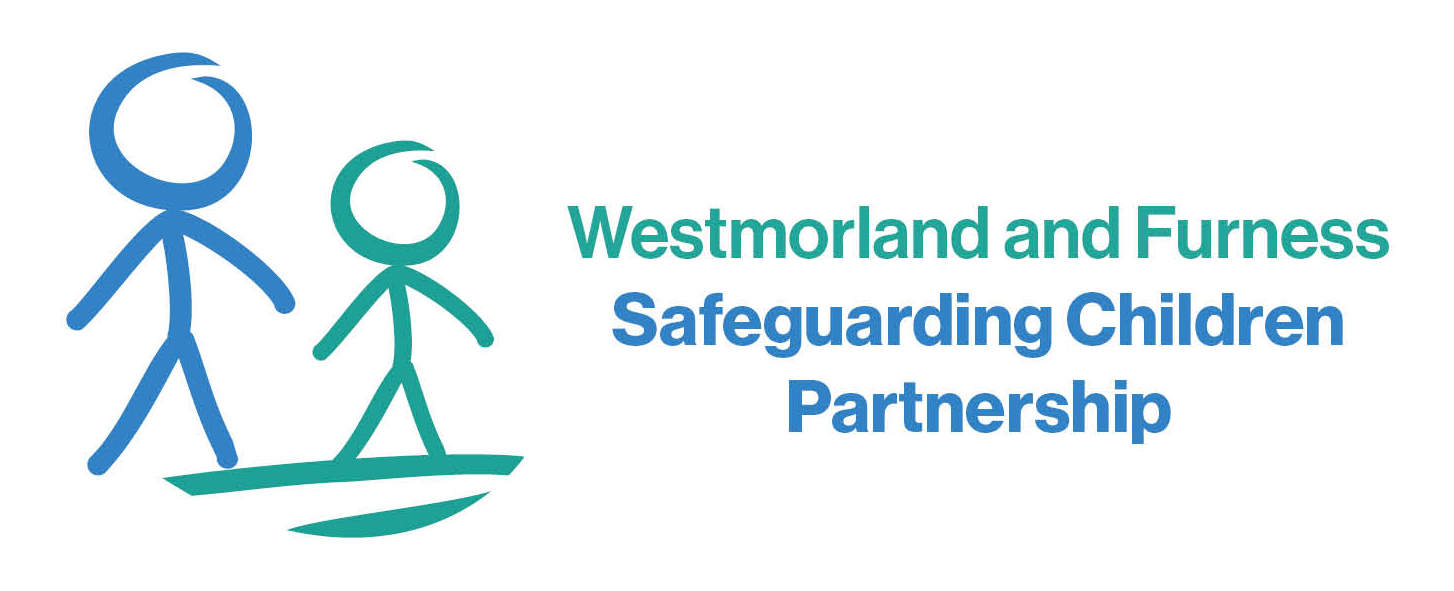Emotional abuse
What emotional abuse Is
Emotional abuse refers to the ongoing emotional mistreatment of a child. It can sometimes be referred to as psychological abuse. Emotional abuse can include actions aimed at deliberately frightening, humiliating, isolating, or neglecting the child’s emotional needs.
This type of abuse is frequently seen alongside other forms of abuse, which can make it challenging to identify the signs or distinguish it from other forms of harm. However, emotional abuse can also occur independently.
Examples of emotional abuse in children
The following is not an exhaustive list, but some key elements of emotional abuse in child safeguarding may include:-
Verbal
- insults, belittling and humiliating - frequently putting a child down, calling them names, or making them feel worthless
- constantly criticising – disapproval or blame for things outside of the child’s control
- threats – making threats of harm or abandonment
Isolation
- limiting the child’s opportunities for social interaction
- shame – making the child feel that their relationships with others are wrong or disapproved
Excessive control
- unrealistic expectations – setting demands beyond the child’s abilities and punishing them when they can’t meet them
- overbearing surveillance – constant monitoring or dictating of the child’s actions and decisions
Emotional neglect
- ignoring emotional needs – not providing affection, support and attention (all of which are crucial for healthy emotional development)
- indifference when distressed – not reacting to child’s emotional distress or trauma
Manipulation
- blame – blaming the child, particularly when something is outside of their control
- distorting the child’s reality – making the child question their understanding of events or themselves, leading to confusion and insecurity
Inconsistency
- unpredictable behaviour – offering affection/approval one minute and then withdrawing without explanation, which can leave the child confused and worried
- inconsistent boundaries/rules – when a child is unsure what is expected of them
Signs of emotional abuse
Emotional abuse or neglect may not show any obvious physical signs and a child may not speak out about it until they reach a breaking point. That's why it's important to pay attention to a child’s behaviour.
As children grow, their emotions will change, this can make it even harder to sport the signs of emotional abuse. However, children who are emotionally abused may:
- appear insecure or lack self-confidence
- struggle to manage their emotions
- have trouble forming or keeping relationships
- act in ways that seem inappropriate for their age
The signs of emotional abuse can vary depending on the child's age and development.
Babies and young children who are emotionally abused may:
- be overly affectionate to strangers
- be aggressive towards other children
- seem to lack a close bond with their parent or caregiver
- be anxious and wary of people
Older children might:
- use inappropriate language or act in an unexpected manner
- have a hard time managing their emotions
- seem isolated from adults in their lives
- lack social skills
- display extremes of emotions
How emotional abuse affects children
Over time, emotional abuse and neglect can have serious long-term effects on a child's social, emotional and physical health and development.
Who is at risk
Any child, regardless of their background, can be at risk of emotional abuse, though some may be more vulnerable than others.
Children who experience emotional abuse often face other forms of abuse or neglect as well, but this isn't always the case.
When a family is going through difficult times, parents and caregivers may struggle to provide a safe and nurturing environment for their children. This can occur during situations such as:
- relationship issues
- family conflicts
- financial struggles or unemployment
- mental health challenges
- poverty
- substance abuse
- domestic violence
